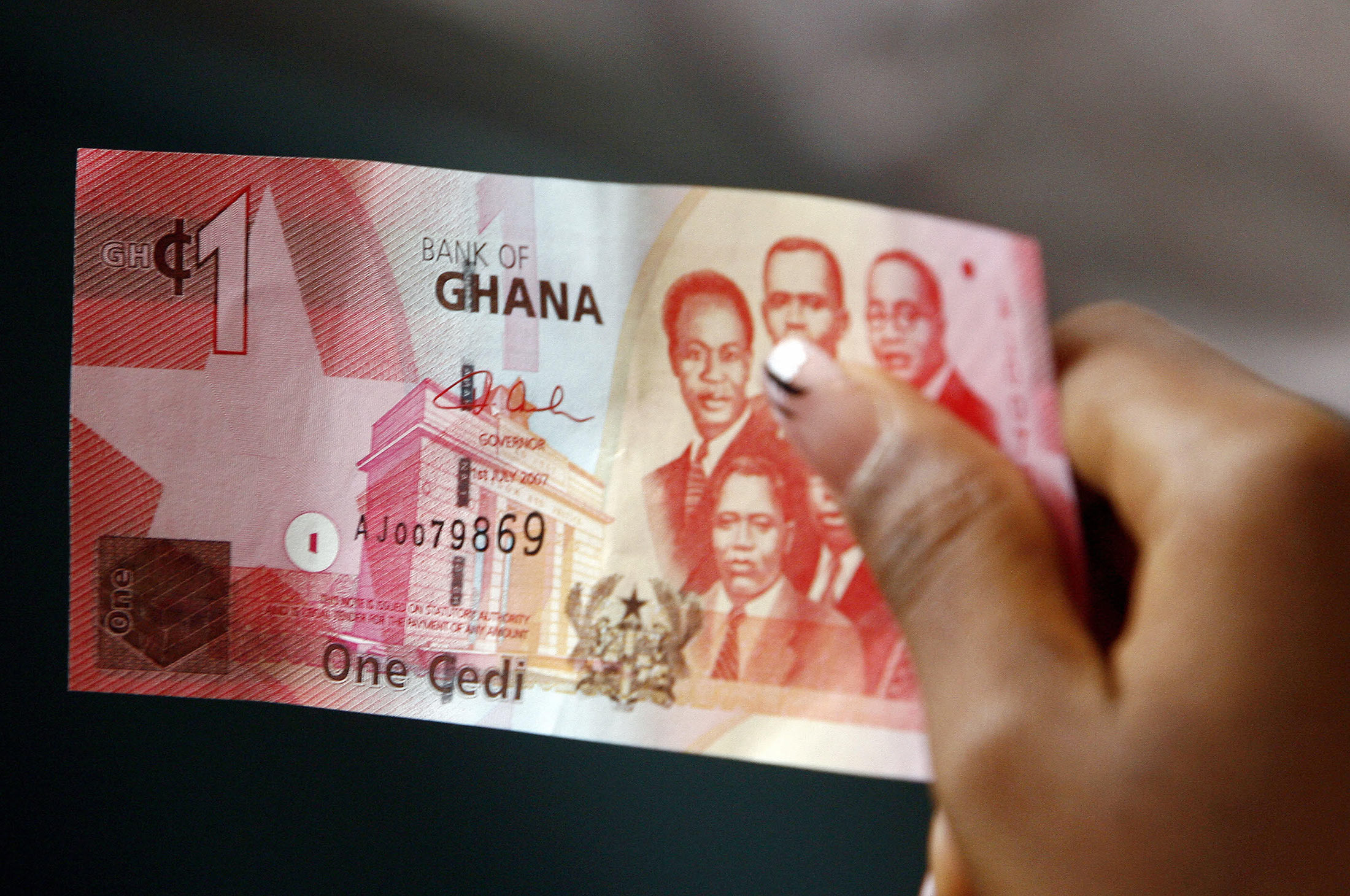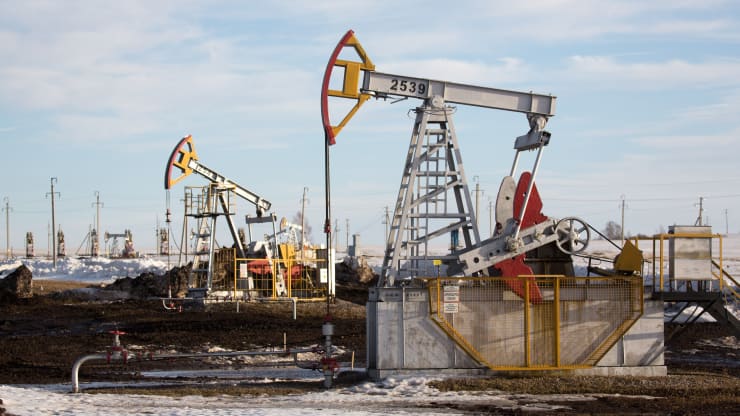- Ghana Has Just Been Knocked Out of Pole Position as Africa’s Fastest Growing Economy
Global growth will keep a steady pace this year and next, buoyed by stronger trade and U.S. fiscal stimulus that will fade by the early 2020s, while increased tariffs could damage market confidence and output, the International Monetary Fund said on Tuesday.
The IMF, in its latest World Economic Outlook, kept its 2018 and 2019 global growth forecasts unchanged at 3.9 percent for both years after upgrades in January.The projections were released as thousands of global finance officials were gathering in Washington for the IMF and World Bank spring meetings this week.
The IMF said it raised its U.S. growth forecast by 0.2 percentage point for both years, to 2.9 percent for 2018 and 2.7 percent for 2019. It said lower U.S. corporate income tax rates and accelerated investments due to a temporary tax break would boost U.S. growth through 2020, but these effects would then reverse quickly, causing a slowdown.
Ghana has lost its pole position as the fastest growing economy in Africa to Ethiopia. The IMF expects the West African nation’s economy to grow 6.3 percent this year, whilst Ethiopia’s growth is forecast at 8.5 percent.
Africa’s largest economy Nigeria, is expected to expand 2.1 percent this year whereas the continent’s most advanced economy, South Africa’s growth is expected at 1.5 percent, from 0.9 percent forecast three months ago.
“Global growth is projected to soften beyond the next couple of years,” the IMF said in the report, adding that advanced economies would be “held back by aging populations and lackluster productivity.”
The Trump administration has maintained that Republican tax cuts passed last year would allow the United States to maintain sustained gross domestic product growth above 3 percent for years and defy forecasts that U.S. budget deficits will balloon over the coming decade.For now, the IMF said increased export demand was contributing to slight growth forecast upgrades for the euro area and Britain for 2018, while the IMF kept its forecasts unchanged for Japan, China, India, Russia and Mexico.
Forecasts were cut slightly for Canada, the Middle East and North African countries, as well as a number of low-income developing countries.The IMF said prospects for developing economies to grow per-capita incomes face difficult prospects over the next five years, especially in commodity-exporting countries in the Middle East, sub-Saharan Africa, Latin America and the Caribbean.
Risks to the global growth forecasts were broadly balanced for the next few quarters, with the potential for stronger business profits to increase hiring and investments that could boost productivity, the IMF said.But trade tensions, such as the United States and China’s recent dueling tariff announcements, could take a direct toll on trade and economic activity and also cause financial market turmoil that would tighten financial conditions and hurt confidence.
“An increase in tariffs and nontariff trade barriers could harm market sentiment, disrupt global supply chains, and slow the spread of new technologies, reducing global productivity and investment,” the IMF said. “Greater protectionism would also lower consumer welfare by making tradable consumer goods more expensive.”
Research from 2016, the IMF said, showed that tariffs or other barriers that led to a 10 percent increase in import prices in all countries would lower global output and consumption by about 1.75 percent after five years and close to 2 percent in the long term. Global trade would fall 15 percent after five years and 16 percent in the long run under such a scenario, it said.


 Naira4 weeks ago
Naira4 weeks ago
 Naira4 weeks ago
Naira4 weeks ago
 Travel4 weeks ago
Travel4 weeks ago
 Jobs4 weeks ago
Jobs4 weeks ago
 Naira3 weeks ago
Naira3 weeks ago
 Naira4 weeks ago
Naira4 weeks ago
 Investment4 weeks ago
Investment4 weeks ago
 Travel4 weeks ago
Travel4 weeks ago



























